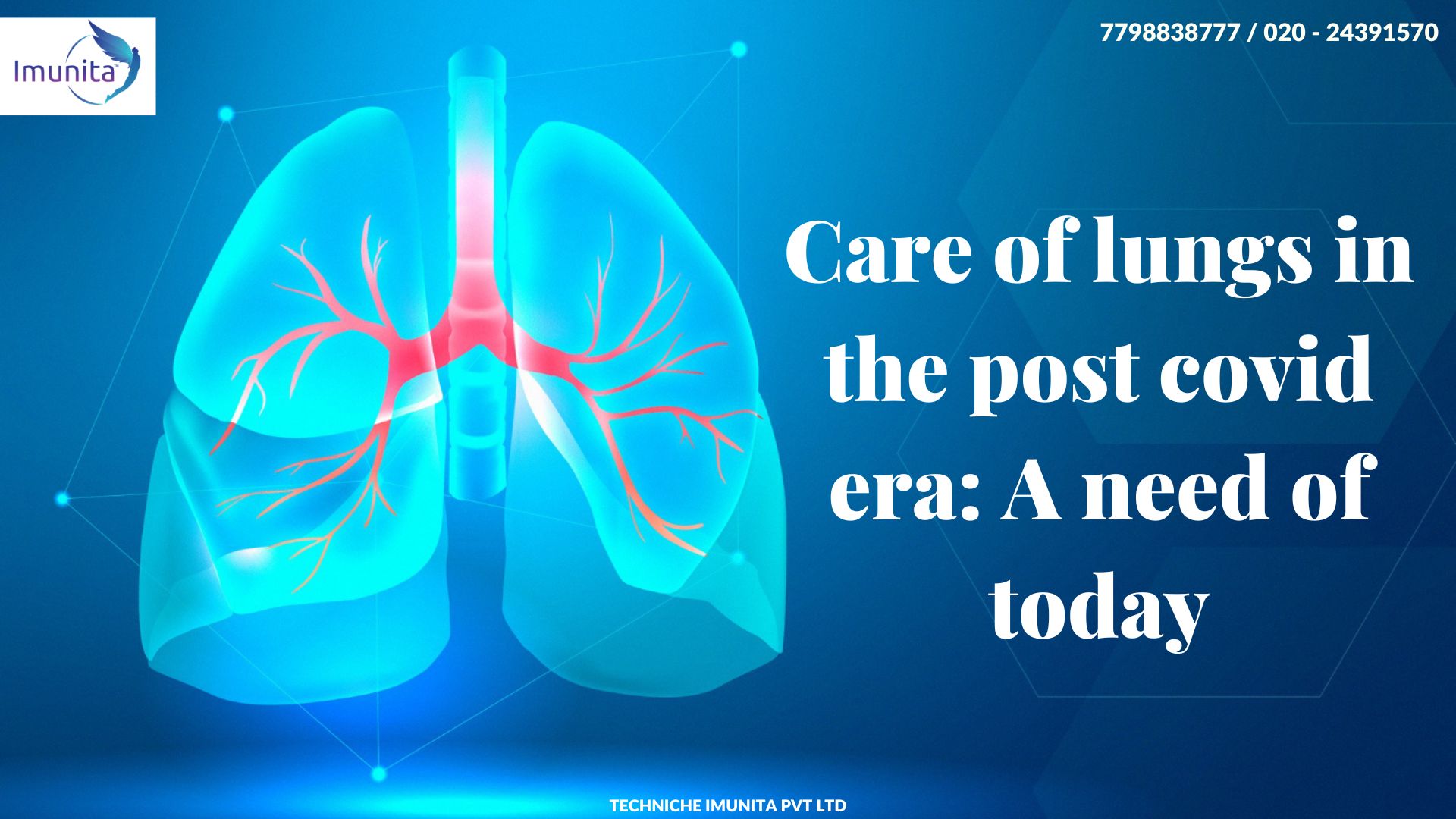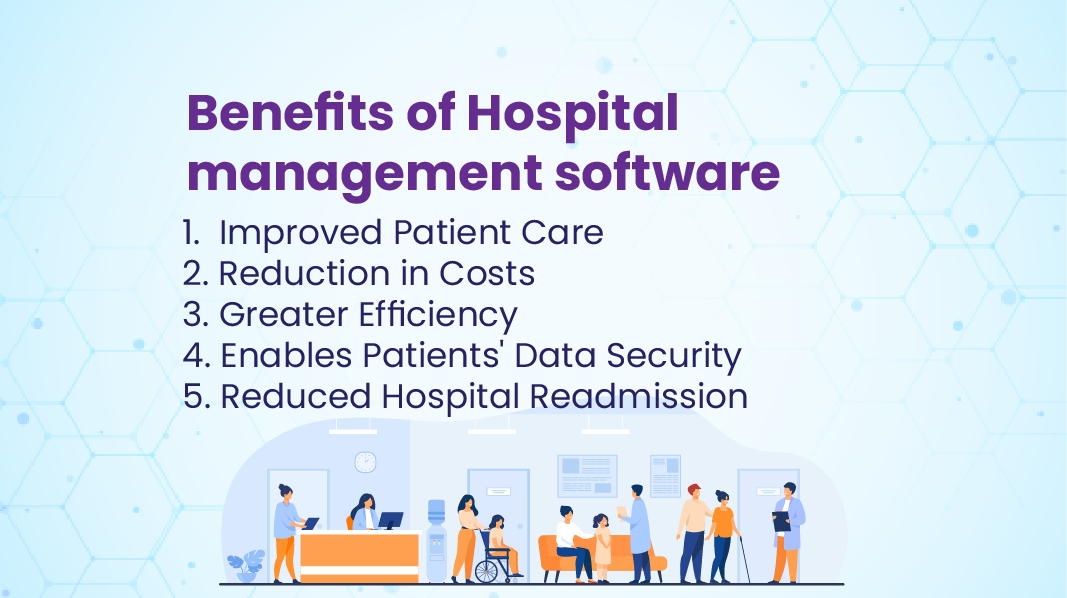Are we Indians becoming habitual to the fire incidents? Are We Ignoring the Contribution of Healthcare Warriors? All these questions are fuelling with the occurrence of recent unfortunate incident of the Bhandara General Hospital fire that killed 10 babies. It is estimated that the burden of fire related casualties in hospital complexes is significant. It was observed that in 2017 around nine million fire incidents occurred with nearly 1.2 lakh deaths with India recording 1.6 million fires and 27,027 deaths. With 27,027 deaths, every fifth fire related death in the world took place in India. The most common cause of fire was electrical short circuit (78%) with air conditioners being the most common source. Fires originated at or near intensive care units (ICU’s) in 10 instances. The recent incidents like Rajkot hospital fire in the covid-19 centre on Nov 27, 2020, with 5 deaths, Vijayawada fire on 9 August 2020 at COVID-19 facility killed 11 and, Shrey Hospital in Ahmedabad had a fire in ICU resulting in the death of 8 people on Aug 6, 2020 which signifies the prevalence of such fire incidences. Are we still going to neglect the basic patient rights for safety and quality health care and continue to risk the lives of people?
It is a fact that healthcare is the only sector that deals directly with human lives but compared to other sectors safety aspects like fire risks and disaster preparedness are overlooked for a very long time. Unlike other sectors, healthcare fails to have strict rules and regulations for fire and disaster management. Fires in hospitals have become one of the most common incidents in the current state but hospitals overlook to set SOPs and ERP.
Be it private hospitals or government hospitals, the management does not consider training their employees for fire emergencies. It is also observed that the front-line workers are struggling for the necessities to manage the incidents and catastrophic situations. The employees must periodically receive induction on available resources and training to deal with fire emergencies. The hospitals must conduct mock drills to train the employees for different fire scenarios and managing the aftermath.
Most government hospitals are using certain unfit devices and equipment for years. Therefore, it is necessary to replace them with new or fit devices so that the workers can deal with disasters and incidents efficiently. Due to the bureaucratic style of leadership, organizations have caused equipment maintenance a time-consuming process resulting in mass negligence. The hospitals must conduct annual and periodical maintenance of the machines and maintain enough fire extinguishers to control fire emergencies. The hospitals need to set SOPs and Emergency response plan (ERP) for Fire emergencies. The hospitals must comply with the preventive measures in the vital areas of the hospitals where the damage for lives can be maximum. Provision of necessary resources and maintenance of all the hospital equipment along with proper training must be carried out on time.
The government and the higher authorities need to respect the frontline workers for risking their lives to save patient lives. We need to understand the physical and mental stress the workers go through while dealing with the responsibility of caregiving, administration, and harnessing safety. It is time to liberate ourselves from the shackles of the bureaucratic style of leadership and comply with democratic leadership for the safety of healthcare workers and patients at large.


























